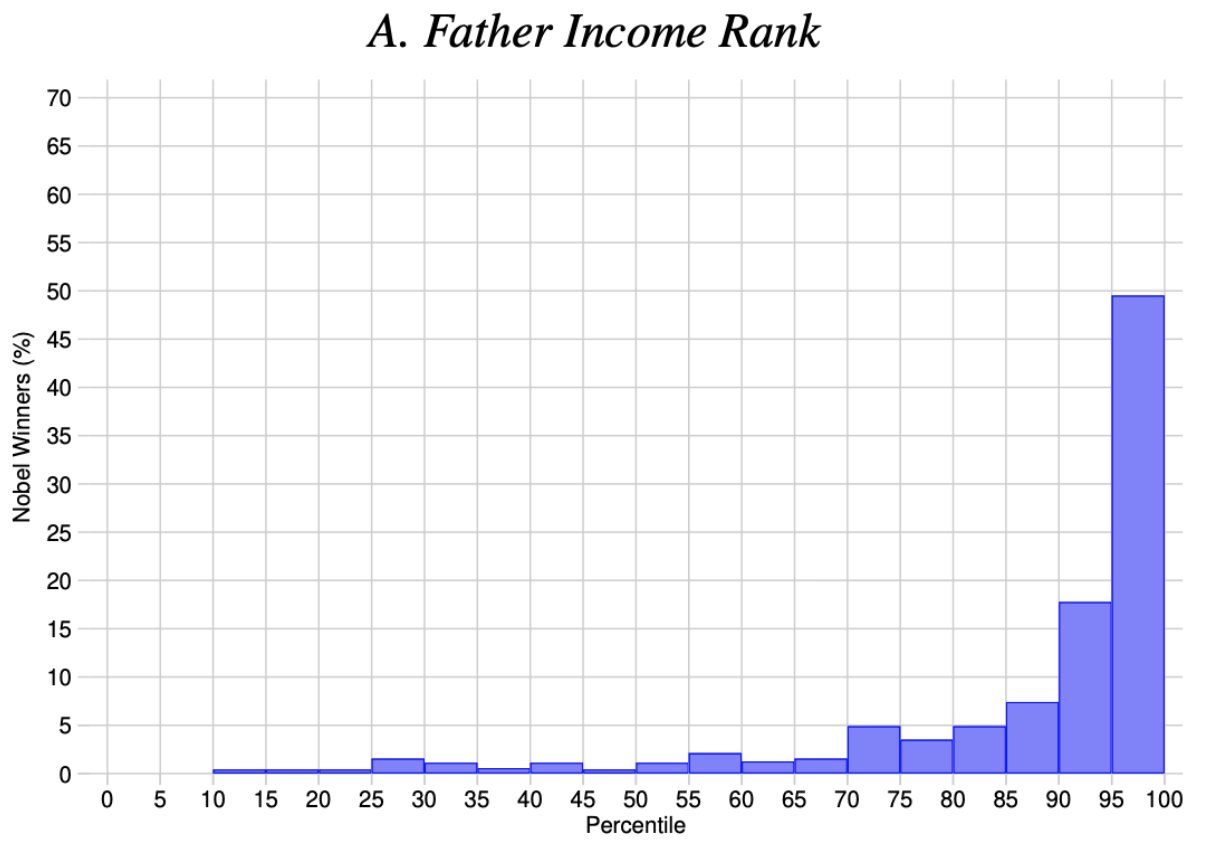this post was submitted on 09 Oct 2024
169 points (99.4% liked)
science
22810 readers
37 users here now
Welcome to Hexbear's science community!
Subscribe to see posts about research and scientific coverage of current events
No distasteful shitposting, pseudoscience, or COVID-19 misinformation.

founded 4 years ago
MODERATORS
you are viewing a single comment's thread
view the rest of the comments
view the rest of the comments
 I know, but the size of the effect is really staggering.
I know, but the size of the effect is really staggering.
Higher Education always favors people from a rich background, this is the case in almost all countries.
in what country isn't this the case?
North Korea
I don't know enough about the internal workings of that state to verify this however: does a poor farmer in North Korea have equal access to education as one in the city, or the Kim family themselfs? I find this very hard to belive
Not the Kim family, as they tend to study abroad
Nobody is suggesting that the dprk is a perfectly equal system. That is practically impossible to do and is not the goal of socialism. The dprk is not a perfectly equal system, just a somewhat more equal one.